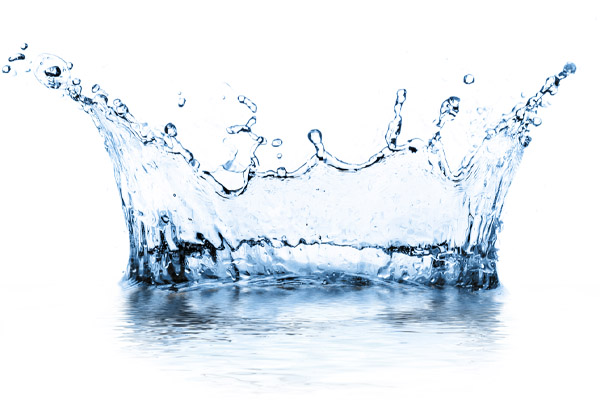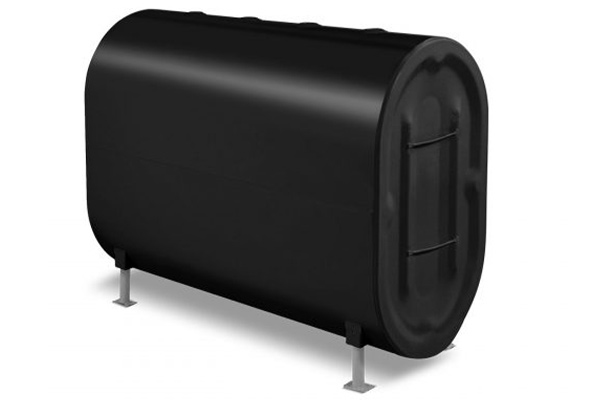 Homeowners should always be careful to keep their fuel oil tanks free of moisture. Not only can small amounts of water in oil tank cause issues but they can also cause problems for the whole heating system. The bad news is that many homeowners are already facing this problem and don’t even realize it yet. This is because there are no initial signs of damage.
Homeowners should always be careful to keep their fuel oil tanks free of moisture. Not only can small amounts of water in oil tank cause issues but they can also cause problems for the whole heating system. The bad news is that many homeowners are already facing this problem and don’t even realize it yet. This is because there are no initial signs of damage.
Once the signs of this damage are noticeable, the damage is done and the functionality of the heating system has already been thwarted. This is why it is important to take preventative measures to avoid this type of contamination and keep water from entering the tank. In the following article, we would like to discuss the important things to know about keeping your home oil tank free of water.
Why Is Water In The Oil Tank?
Water exists ubiquitously in just about every part of our environment. Unless you live in the desert, there is a good chance moisture is in the air all around you. For the most part, it is invisible, but humidity is all around. If the cap of your oil tank is left open for longer than a split second, it is quite easy for this moisture to enter the tank. If the filler cap is not properly screwed into place the same thing can happen. Then there is the problem with rainwater that seems to make its way into vents, small holes, corroded seals, and loose inspection lids.
Why Is Water A Problem For My Heating Oil Tank?
 For humans, water is an important part of a healthy life, but machines suffer from even the smallest amounts of moisture. Moisture in a tank can thwart functionality and adversely affect the heating system. More water means a bigger problem and if too much finds its way inside it may overflow into the fuel line. When the weather gets cold, the water may then freeze and this can block the supply tank. Water can also cause rust to begin forming on the walls of the tank and cause more problems.
For humans, water is an important part of a healthy life, but machines suffer from even the smallest amounts of moisture. Moisture in a tank can thwart functionality and adversely affect the heating system. More water means a bigger problem and if too much finds its way inside it may overflow into the fuel line. When the weather gets cold, the water may then freeze and this can block the supply tank. Water can also cause rust to begin forming on the walls of the tank and cause more problems.
If corrosion creates a hole in the walls, you may suffer a fuel leak. If the rust is allowed to continue, it rates a sludge that can also damage the boiler.
How Do I Know If There Is Water In The Oil Tank?
Water and oils generally are best kept apart. It is a good idea to perform a regular inspection of your heating system to ensure that holes and cracks, as well as damaged seals, are addressed before they cause serious problems. Any of these small issues can cause water to enter the tank. Use a moisture-finding paste to detect the smallest amounts of moisture getting into the oil tank. This special substance can be placed on a long stick and dipped into the tank. Wait a few minutes as the instructions indicate and then pull the stick from the tank and examine the paste. If the paste has changed color, there is probably water in the tank.
How Do You Get Water Out Of A Residential Fuel Oil Tank?
 Once you have determined that there is water in your oil tank, the next task is to remove this water before further damage ensues. The proper procedure will depend on the amount of water inside and the type of tank you have. If there is a lot of water in the tank, it may be best to leave the task to a professional. Furthermore, once the water has been successfully removed, it will need to be disposed of properly, not simply flushed down the tubes.
Once you have determined that there is water in your oil tank, the next task is to remove this water before further damage ensues. The proper procedure will depend on the amount of water inside and the type of tank you have. If there is a lot of water in the tank, it may be best to leave the task to a professional. Furthermore, once the water has been successfully removed, it will need to be disposed of properly, not simply flushed down the tubes.
1. Metal Oil Tank
If there is about an inch or two of water, the project may be easy enough for the average homeowner with intermediate DIY skills. The process is fairly straightforward. Begin by locating the sludge valve. Be careful when opening this so that no oil is allowed to escape during the process. Turn the valve slightly and allow the water to begin draining slowly. Close it tightly after you have completed the task. Even if you feel competent enough for this simple process, it is often best to leave this task to a professional who knows exactly what they are doing.
2. Plastic Oil Tank
If you have a plastic tank, then there is probably no sludge valve. In this case, you may have to use a hand pump to remove the water. This is best reserved for someone familiar with the process and the tools required. If not, it may be best to allow a professional to handle the task. Another option will be to use an absorbent material to soak up the water from atop the oil. You can actually find a range of products available in the market that make this task easier. Still, the best option is to call an HVAC company that specializes in fuel delivery projects, like Tevis Energy.
Removing Water From An Underground Oil Tank
Because of their location, this is a more difficult task than most. A hand pump is typically the best route but things can go wrong for the inexperienced. A professional response will save time and money.
Preventing Water In Your Fuel Oil Tank
A good way to prevent water from entering your oil tank will be to use proper insulation. This will keep moisture from collecting across the walls. Furthermore, you should never allow your tank to run dry, as a matter of fact, keeping your oil tank above half full is the best way to prevent water damage. Finally, working with a reputable provider of heating oil can keep you supplied with top-quality oil and proper maintenance.
Call Tevis Energy For Your Home Heating Oil Requirements

Tevis Energy is a trustworthy heating oil delivery company that services central Maryland and southern Pennsylvania. Our company offers affordable and the most competitive heating oil prices in the area. Our goal is to provide you with excellent products and services. When you choose us to be your oil supplier, you can rest easy knowing that you will have correct and prompt heating oil deliveries at the best possible prices. Furthermore, we offer various heating oil delivery plans and financing options, as a way to customize your oil deliveries. Be sure to call us today to learn more.
Tevis Energy has certified and highly trained HVAC technicians to cater to all your heating and cooling needs. We guarantee that each of our techs has the experience, skills, and knowledge to provide excellent HVAC services. Our team can assist you with installations, repairs, maintenance, and much more. Our superior HVAC solutions always come at affordable costs.
Call us today to learn more about the products and services our company offers. We provide free, in-home estimates.
You can click here to contact us now or call us at (410) 876-6800 to find out more!
